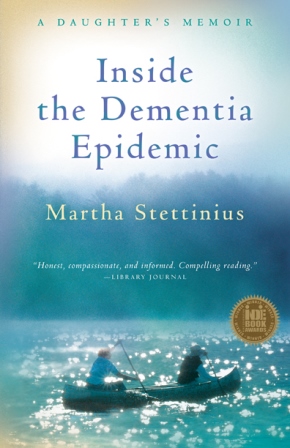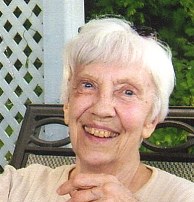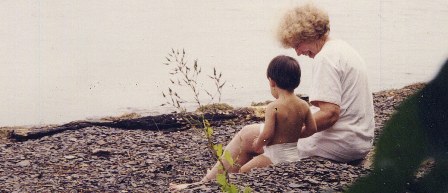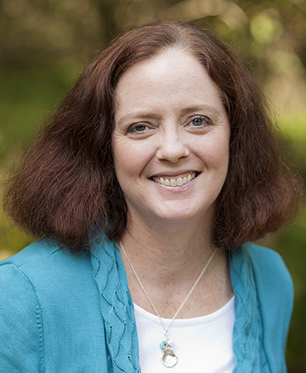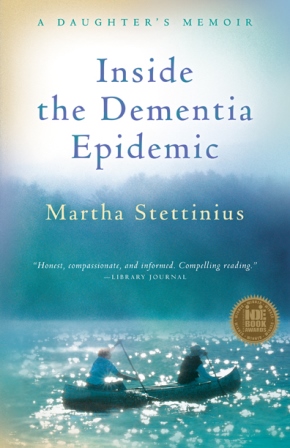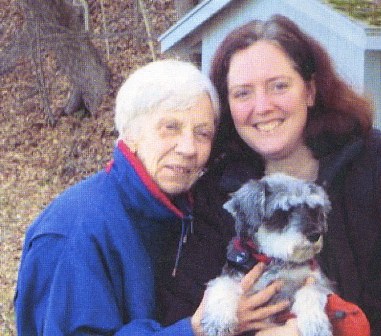My 50th Birthday, and What Mom Taught Me
 Thursday, October 30, 2014 at 11:08AM
Thursday, October 30, 2014 at 11:08AM 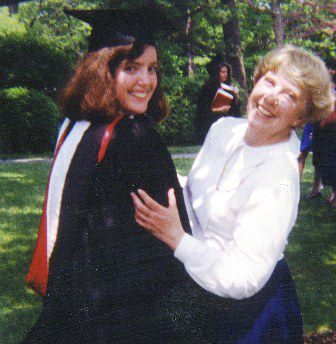 Mom was so proud when I finally graduated from college at age 27Today is my 50th birthday, guys, and I'm thinking a lot about my mom, Judy, who passed away almost two years ago.
Mom was so proud when I finally graduated from college at age 27Today is my 50th birthday, guys, and I'm thinking a lot about my mom, Judy, who passed away almost two years ago.
Fifty years ago this morning Mom was playing the piano through the early stages of labor. She hoped that I would be a girl, as she wanted a daughter badly. In our living room at our piano she was most likely alone, as my father struggled with mental illness and was in his own world even if he was in the house, and my brother, 12 years older than me, was in school. Through the pain of labor my mother sought beauty and comfort in music. Years later, through her struggle with dementia she sought serenity and comfort in the company of other people--me, her grandchildren, her facility staff, and anyone else lucky enough to enjoy her beautiful smile and bright blue eyes.
If you've read my book you know that Mom was a recovering alcoholic in my teen years, and that we had a rocky relationship all our lives. It was only through caregiving that we truly grew close and became friends.
Of course dementia caregiving is not all roses and sunsets, but those eight years at Mom's side taught me to appreciate simple moments of tenderness, the way her love for me--and mine for her--endured even if she couldn't remember or say my name.
This morning I made a list of all the things I'm grateful for as I hit the mid-century mark. Although Mom was a flawed, complex character (as am I), she taught me many lessons I will carry with me always. I write about many of those lessons in my book, but for now I just want to say Thank you, Mom, and I miss you so much today.





